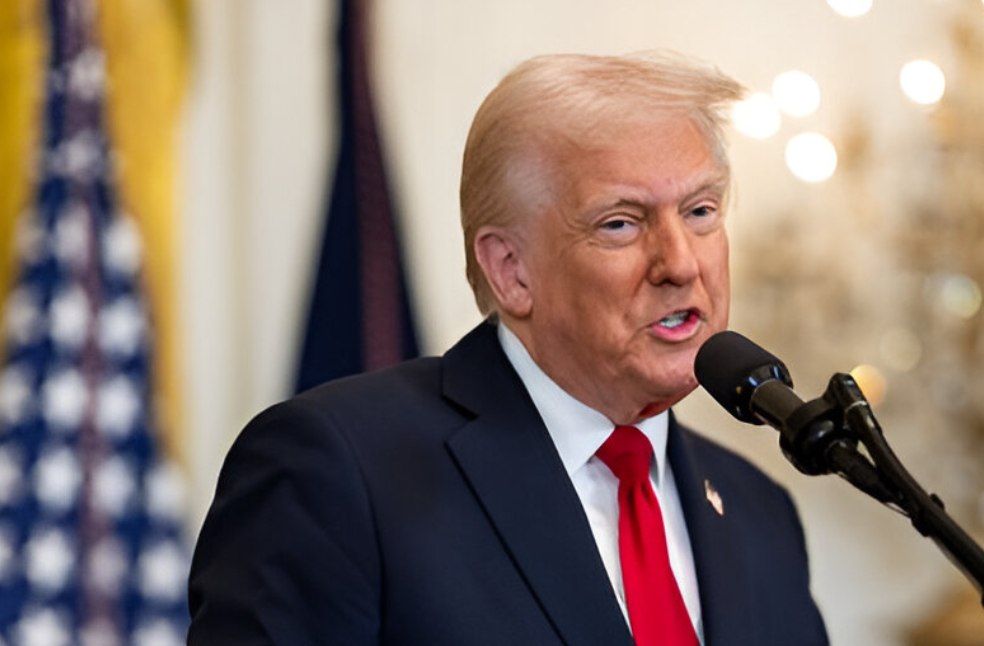Washington, D.C: The United Kingdom Prime Minister Sir Keir Starmer and US President Donald Trump have held their first phone call since the White House imposed sweeping tariffs on British goods, Downing Street has confirmed.
According to reports, the conversation was described as ‘ongoing and productive’, with both leaders reaffirming their dedication to strengthening economic ties despite the mounting tensions triggered by Washington’s new trade policy.
Sir Keir underlined the UK’s stance on ‘free and open trade’ and the need to safeguard national interests, as Britain scrambles to negotiate a trade agreement to avoid further fallout from US tariffs.
The readout released by the White House echoed the focus on bilateral trade and added that both leaders touched on efforts to resolve the war in Ukraine and discussed security developments in the Middle East, including recent military actions involving the Iran-backed Houthi rebels in Yemen.
Trump, who has slapped a 10 percet tariff on UK goods and a steeper 25 percent rate on British cars, steel and aluminium, is set to visit the UK later this year for a state visit with King Charles III.
Despite the tariffs, US Vice-President JD Vance voiced optimism, saying there was a ‘good chance’ of securing a trade agreement with the UK. However, analysts warn that the economic uncertainty has already taken a toll on global markets.
Major stock indices such as the S&P 500, FTSE 100, Germany’s Dax, and France’s Cac 40 saw initial slumps following Trump’s announcement earlier this month. Although some have since stabilised with delayed tariff rollouts and limited exemptions, most remain below their early-April levels.

The tariffs set at a 10 percent baseline for imports from longstanding allies including the UK and France represent a significant shift in US trade policy. China faces much steeper tariffs, but the UK and EU are among those hit hardest.
The World Trade Organisation warned that global trade volumes will contract due to the measures, while the International Monetary Fund revised its economic growth forecasts.
The UK is pushing to strike a deal with the US to avoid further economic damage. Meanwhile, the EU and Canada have already responded with retaliatory tariffs, raising the risk of an escalating trade dispute.



